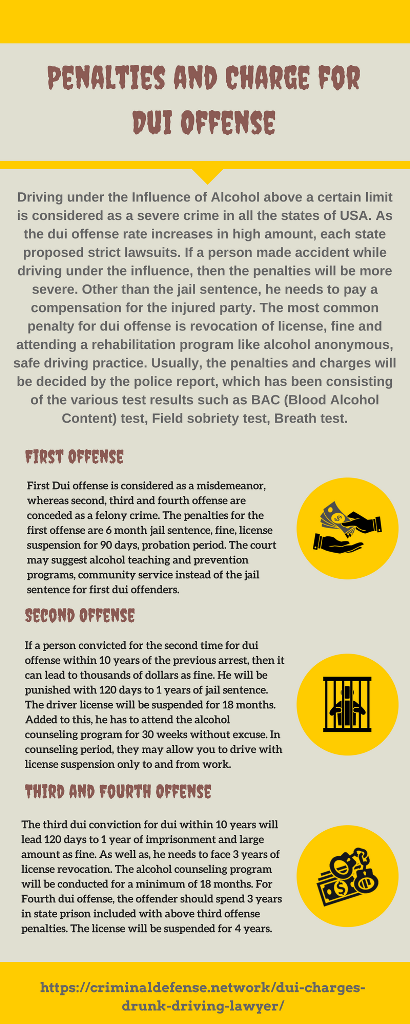Mediation In Household Regulation Vs. Litigation: Which Should You Go With?
Mediation In Household Regulation Vs. Litigation: Which Should You Go With?
Blog Article
Composed By-Klint Long
When you're faced with family members law issues, deciding in between mediation and litigation can be tough. Each option has its own benefits and drawbacks, and the ideal choice usually depends upon your specific situations. Mediation advertises partnership, while litigation offers an extra organized strategy. Yet which approach aligns ideal with your family's requirements? Understanding the nuances of each can assist you navigate this important decision. Let's explore the details even more.
Recognizing Household Regulation Arbitration
When you encounter family disputes, understanding family regulation mediation can make a substantial difference in exactly how you deal with problems.
Mediation supplies a collaborative approach, enabling you to deal with a neutral 3rd party to get to a contract. Unlike https://zenwriting.net/adele624ahmed/the-obligations-of-a-family-regulation-lawyer-in-separation-wardship-and , which can be adversarial and pricey, mediation encourages open communication and aids you preserve control over the end result.
You'll find it much less formal and more adaptable, allowing you to customize remedies that match your family members's unique demands. And also, mediation usually leads to quicker resolutions, reducing emotional tension for every person involved.
Exploring Family Legislation Lawsuits
While arbitration stresses partnership, household law litigation takes a more adversarial strategy, commonly resulting in prolonged court battles.
In litigation, you'll offer your instance before a court, that makes binding choices on problems like child custodianship, assistance, and property department. https://blogfreely.net/gerald5309geoffrey/lawful-splitting-up-vs can be stressful and psychologically draining, as it frequently involves considerable prep work and lawful representation.
You'll collect evidence, prepare witness testaments, and browse complicated lawful procedures. The changability of court results can include in your anxiousness.
Additionally, https://www.politico.com/news/magazine/2022/07/14/trump-2024-campaign-legal-defense-00045996 can substantially boost your expenditures, with expenses accumulating from attorney costs and court charges. If you pick this route, be gotten ready for a potentially prolonged timeline, as court timetables can postpone resolutions for months or even years.
Evaluating the Advantages And Disadvantages of Each Technique
Picking in between family legislation mediation and lawsuits requires mindful factor to consider of their respective benefits and drawbacks.
Mediation uses a collaborative ambience, where you can reach agreements that suit both events, typically saving money and time. It's normally less adversarial, which can assist protect partnerships, particularly if children are entailed. However, it might not be suitable if there's a considerable power imbalance or if one party rejects to coordinate.
On the other hand, litigation supplies a structured environment with a conclusive resolution with a court's ruling. It's useful for complicated lawful concerns but can be time-consuming and pricey. The adversarial nature commonly intensifies stress, making future communications harder.
Inevitably, your choice needs to line up with your particular situation and goals.
Conclusion
In determining in between family members legislation mediation and litigation, think of your household's certain needs. If you value open communication and adaptability, mediation may be your best choice. However, if your scenario includes complex issues or significant power imbalances, lawsuits could provide the needed structure. Ultimately, weigh the advantages and disadvantages of each technique carefully, and choose the path that really feels right for you and your family's unique dynamics. Your satisfaction matters most.
